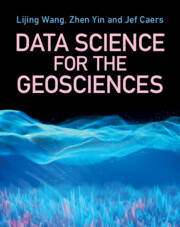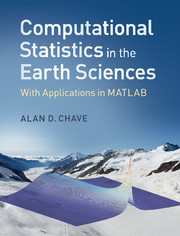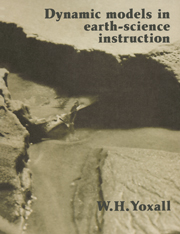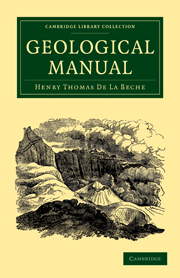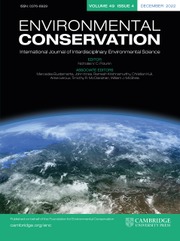Data Science for the Geosciences
Data Science for the Geosciences provides students and instructors with the statistical and machine learning foundations to address Earth science questions using real-world case studies in natural hazards, climate change, environmental contamination and Earth resources. It focuses on techniques that address common characteristics of geoscientific data, including extremes, multivariate, compositional, geospatial and space-time methods. Step-by-step instructions are provided, enabling readers to easily follow the protocols for each method, solve their geoscientific problems and make interpretations. With an emphasis on intuitive reasoning throughout, students are encouraged to develop their understanding without the need for complex mathematics, making this the perfect text for those with limited mathematical or coding experience. Students can test their skills with homework exercises that focus on data scientific analysis, modeling, and prediction problems, and through the use of supplemental Python notebooks that can be applied to real datasets worldwide.
- Provides step-by-step instruction for each method, allowing students to easily put their skills into practice
- Uses real earth datasets and case studies to address Earth science questions across a range of disciplines
- Focuses on intuitive reasoning without the need for complex mathematics or prior coding experience
Awards
Winner, 2025 PROSE- Physical Sciences and Mathematics, Association of American Publishers
Reviews & endorsements
'Literacy in data science and machine learning methods is a necessity for the modern geoscientist. This is an accessible yet thorough overview of key data science topics and their applications. It uses real-world case studies from a variety of geoscientific disciplines and is a valuable resource for students, practitioners, and instructors alike.' Emma Mackie, University of Florida
'This condensate of essential notions to deal with data typically found in geoscience offers a great toolbox for students who must perform analysis of big data that are spatially distributed or multivariate, or for the estimation of extreme events.' Grégoire Mariethoz, University of Lausanne
'Easy to read... a good supplement to existing and classical books in the field.' Sandra De Iaco, University of Salento
Product details
August 2023Hardback
9781009201414
250 pages
260 × 206 × 20 mm
0.84kg
Available
Table of Contents
- 1. Extreme value statistics
- 2. Multi-variate analysis
- 3. Spatial data aggregation
- 4. Geostatistics
- 5. Review of mathematical and statistical concepts.

